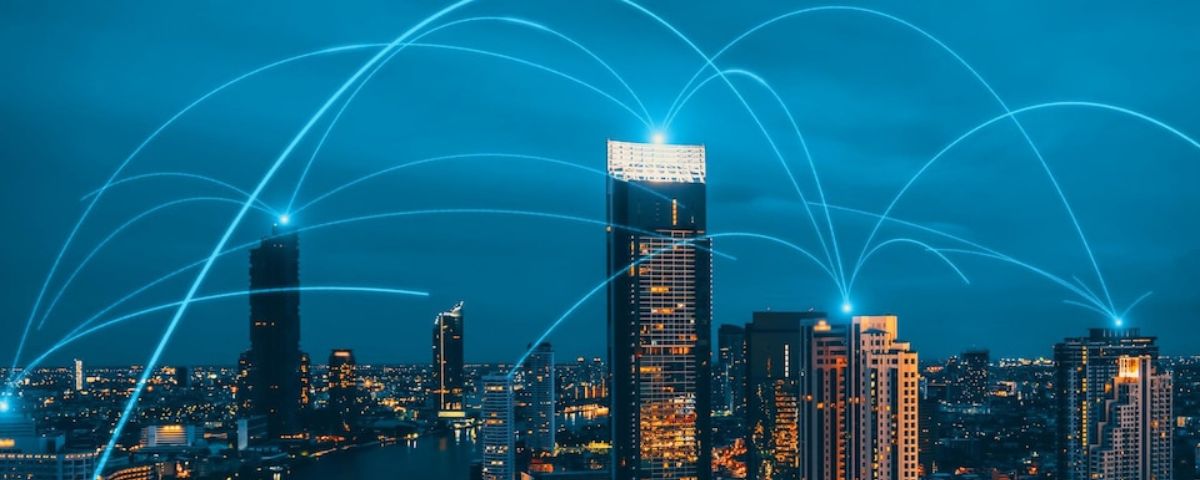
Officials from the Department of Telecommunications (DoT), Telecom Regulatory Authority of India (TRAI), and state-owned Bharat Sanchar Nigam Limited (BSNL) are set to meet on 27th Mar 2024 to discuss the utilization of BSNL’s spare infrastructure capacity for virtual networks following a directive from the Telecom Disputes Settlement & Appellate Tribunal (TDSAT).
According to a notice issued by BSNL referencing the DoT’s letter dated March 18, 2024, and the TDSAT’s order, the meeting will involve the CMD of BSNL, Secretary of DoT, and Chairperson of TRAI or their representatives. The objective is to explore avenues for utilizing BSNL’s spare infrastructure capacity by Mobile Virtual Network Operator (MVNO) licensees. The meeting is scheduled for March 27, 2024, at Sanchar Bhawan.
Plintron, a Chennai-based telecom-as-a-service provider serving mobile network operators, approached the tribunal due to BSNL’s alleged inaction despite a commercial agreement. TDSAT observed that unused capacity of BSNL could be wasted if not utilized by MVNO licensees like Plintron. The telecom department had awarded Plintron a license in May 2017 for two service areas – Andhra Pradesh and Tamil Nadu, with revenue-sharing arrangements.
The tribunal emphasized the need for BSNL, DoT, and TRAI to find a solution to enable MVNOs to utilize BSNL’s spare capacity and generate revenue from its unutilized infrastructure. However, the matter was adjourned for further hearing on April 2, 2024.
Plintron agreed to provide a technology platform for any virtual operator using BSNL’s network. VNOs typically resell voice and data services from telecom carriers to underserved areas, offering services like radio coverage, internet connectivity, cloud-based services, and tailored enterprise solutions to MSMEs.
The MVNO sector in India has faced challenges in gaining traction, especially after the entry of Reliance Jio in 2016. Despite ULVNO permits awarded by the government, MVNOs have struggled to launch services due to issues with telcos granting access. The policy was amended in July 2023 to prevent exclusive contracts with public sector firms.
RK Mehta, Director General of VNO Forum, highlighted the potential cost savings for telecom service providers through MVNOs, citing benefits in customer acquisition and after-sales services. The DoT has issued over 700 licenses under various categories to date.



